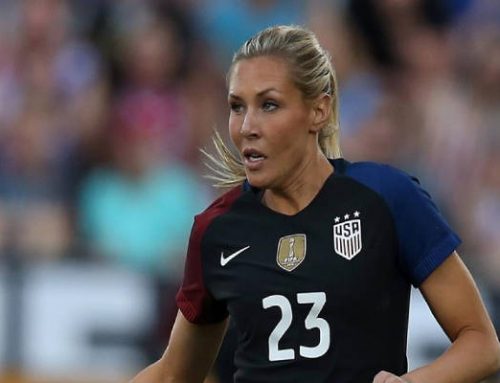Nick Ferrari from LBC 97.3 interviews sport psychology expert Dan Abrahams on the the team dynamics at Formula One Red Bull following the Malaysian Grand Prix. Below the audio player is the written transcript for those that wish to read rather than listen.
LBC 97.3 – Well one team, Red Bull, has two drivers. They are arguably about the best team there is at the moment. Two races in they decide that one driver Mark Webber is in the lead it’s just going to work to let him win. You can have team orders now in motor racing. They tell the other driver, a brilliant driver, a German fella called Sebastian Vettel to turn his engine down and accept second place. He doesn’t, he raws past Webber with no notice at all and the headlines tell the story.
- “Bull fight, skull duggery at Malaysian Grand Prix”
- “With friends like you Seb”
- “Red Bull civil war as Vettel steals win from team mate”
So how now do Red Bull control these two drivers? How do you handle creative, talented, difficult, head strong people of any sort? Let’s turn to Dan Abrahams who is a sport psychologist. What so Red Bull need to do Dan?
Dan Abrahams – Hi Nick. I actually don’t think they have to do anything. I think this is a fantastic situation for Christian Horner, the team principle of Red Bull. Let me take you back a few years.
There’s an important piece of psychology research done on Olympic athletes, and over 50% of Olympic athletes agreed that they would take a drug that would allow them to win a gold medal, but it was a bit of a pact. They were asked “would you take this drug, if you could win a gold medal, but you would die in five years time?” and 50% of the agreed they would.
The reality is at the elite level of sport they would die for their goals and their ambitions. What Christian Horner has got is two individuals, all be it who function within a team environment, but he has got the elite level, and I think to the press on the outside he’s saying “this is not an acceptable situation, Vettel did something wrong”. On the inside he’s laughing. He knows he’s gonna win that team championship at the end of the year with these two drivers.
LBC 97.3 – But there might be a few offs. You can see that if Webber sees half a chance now he’s gonna go careering up on the inside of Vettel, he might take both of them out.
Dan Abrahams – He could do. That’s the risk, but that’s the risk at high level sport. What do you do as a team principle in Formula One?
LBC 97.3 – I was wondering to keep Webber’s head in gear does the boss not need to at least be seen to talk to Vettel?
Dan Abrahams – I think he’s done that. He’s come out in the press, he was interviewed extensively yesterday. He said “We asked Webber to slow down to save his tyres. We told Sebastian that was going to happen. We asked him not to pass him”. He’s come out in the press and explained what the situation was, so I think he’s been seen to do that. At the same time it’s a very awkward position for Webber. Red Bull are the fastest team. What does he do? Does he stay put and stay second fiddle or does he disappear off into the sunset? If he does that, if he chooses to go, he won’t be in a fast team anymore. So the pressure is on Webber.
LBC 97.3 – And just lastly, interesting, I don’t know how much you follow Formula One, but in third and fourth a similar situation, and Nico Rosberg agreed, he did allow Lewis Hamilton to come in third.
Dan Abrahams – I think that’s a demonstration at Mercedes. You have more of a subservient relationship there. And that’s why you could argue why Red Bull are so successful, because they’ve got the two best in the world. Inevitably you’re going to have some conflicts, but at the same time you’re probably going to win a lot of races, as compared to Mercedes who have Hamilton, he is the number one. Rosberg is the second, the subservient driver there. I don’t think they are going to be as successful.
LBC 97.3 – Thanks for your time, a man that clearly knows his F1, Formula One, Dan Abrahams sport psychologist there.



